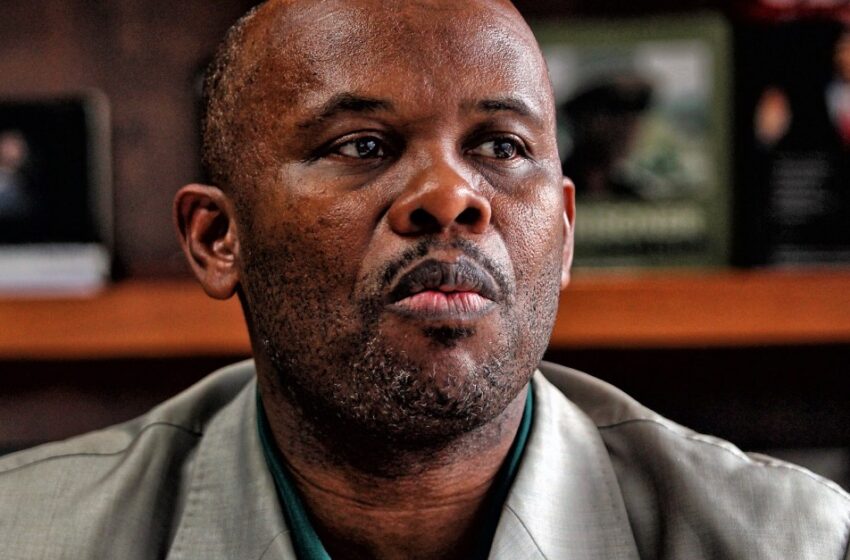Shadrack Sibiya placed on compulsory leave amid controversy

Shadrack Sibiya
In a move that has intensified scrutiny over South Africa’s policing leadership, Lieutenant General Shadrack Sibiya has been requested to take a leave of absence following serious allegations regarding his role in the disbandment of the political killings task team in KwaZulu-Natal.
National Police Commissioner General Fannie Masemola confirmed the decision on Monday, stating that Sibiya had been asked to step aside to allow for an internal inquiry into the matter, which has caused a public stir and prompted widespread concern.
What Prompted Sibiya’s Leave?
At the center of the controversy is Sibiya’s alleged involvement in the removal of the task team investigating politically linked murders in KwaZulu-Natal, a province that has been gripped by a wave of political assassinations over the past few years.
The issue came to light after KZN Police Commissioner Lieutenant-General Nhlanhla Mkhwanazi testified at a parliamentary inquiry, claiming that the elite unit had been quietly shut down and key officers reassigned without consultation. Mkhwanazi hinted that the order came from top leadership, directly implicating Sibiya, the Deputy National Commissioner for Crime Detection.
SAPS Response and Internal Investigations
In response to growing public pressure and calls for transparency, the South African Police Service (SAPS) initiated an internal review into the allegations. While not officially suspended, Sibiya was asked to take leave “in the interest of accountability and due process.”
General Masemola emphasized that the decision was not a presumption of guilt but rather a necessary measure to ensure the integrity and impartiality of the ongoing investigations.
He added that the SAPS remains committed to combating politically motivated crimes and that any leadership lapses or procedural misconduct will be addressed without fear or favor.
READ ALSO
Mandela Day spotlight: Baby Soft tackles “toilet loss” crisis in Gauteng schools
Shadrack Sibiya under fire: A trail of allegations and suspensions
Concerns Over Political Killings in KZN
KwaZulu-Natal has long been a hotspot for political violence, particularly around municipal elections and within party structures. The disbanded task team had been instrumental in tracking suspects and solving high-profile political murders, and its dismantling has raised questions about political interference and the safety of whistleblowers.
Civil society organizations and political leaders have condemned the move, saying it undermines justice and emboldens assassins. The Institute for Security Studies (ISS) called for urgent reforms in the structure and accountability of specialized SAPS units.
What Happens Next?
The inquiry into Sibiya’s role in the task team’s dissolution is expected to continue in the coming weeks. Parliament’s police portfolio committee has demanded detailed reports on the task team’s disbandment, its impact on investigations, and the chain of command involved in the decision.
Meanwhile, Sibiya remains on paid leave, pending the outcome of the internal review. No formal charges have been laid against him as of now, but calls for a public and transparent investigation are growing louder.
Sibiya’s departure, temporary or not, underscores the broader crisis in South Africa’s policing structures, where allegations of political interference, factionalism, and weak accountability continue to erode public trust. With the 2026 national elections looming, restoring confidence in SAPS’s independence and effectiveness is more critical than ever.

